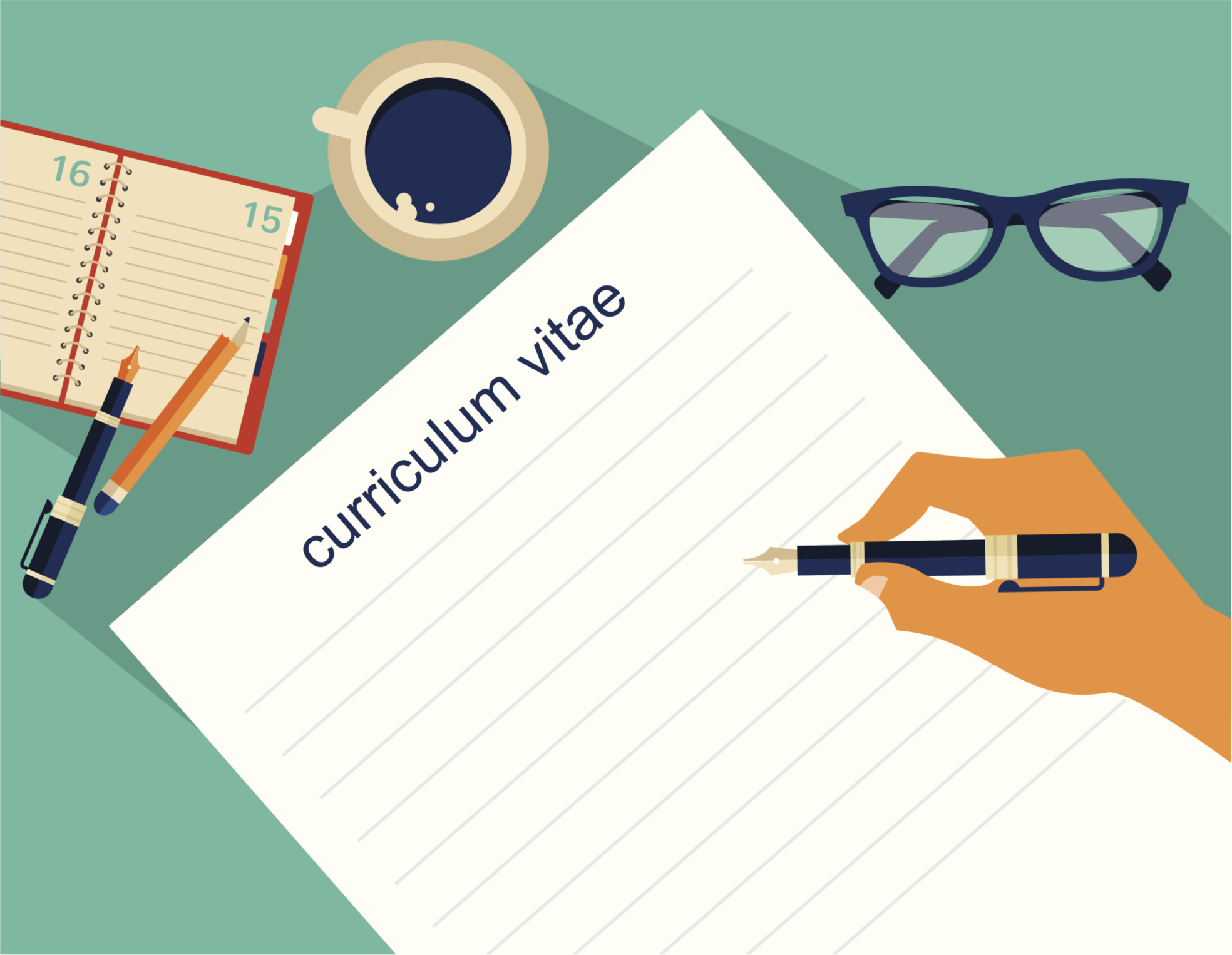
Commercial Awareness Update – W/C 14th April 2025
April 16, 2025
Building a Strong Legal CV During Law School
April 19, 2025The rapid rise of digital technology and artificial intelligence (AI) across all industries — including the legal field — is reshaping how professionals work. For law students, this shift has a dual impact: not only are you expected to enter the legal profession equipped with key digital competencies, but you also need to use technology during your studies. From legal research to AI literacy, digital skills are no longer optional – they are essential. This article will breeze through some of the important digital skills students should have and develop, and it will give tips on the use of AI in university.
Legal Research Proficiency
As a law student, you have probably come across tools such as Westlaw or LexisNexis. But how well do you actually use them?
It is easy to overlook their capabilities and discard them when engaging in legal research, but they are a very important and useful tool for the process. Being able to utilise its technology to search efficiently by using connectors, filter by jurisdiction, date, type of sources etc., and cite properly using OSCOLA is key to writing sharp, evidence-based legal work.
Tip: Complete the free certification courses that these platforms offer, for example the LexisNexis legal research course, to boost your skills and add to your CV.
Document Formatting and Management
Microsoft Word and Google Docs are staples for law students. They are filled with many shortcuts that are designed to make document production more efficient and of better quality. From automatic numbering, spelling and grammar check, cross referencing and footnotes, students should be able to use these tools to create more accurate work in less time.
Tip: Try using Word’s Read Aloud tool to catch mistakes before submitting your work. It is always easier to spot errors and awkward phrasings when your work is read back to you, than if you were to just read it in your head or aloud with your own voice. You find that you notice errors that you would have missed otherwise.
Cloud-Based Collaboration
This is a skill that comes in handy when working on group projects. Whether you are using Google Drive, Microsoft OneDrive or any other cloud application, knowing how to share, co-edit, collaborate and organise documents is important for group work, moots and eventually legal practice.
Tip: Learn how to set access permissions to protect documents from those who are not authorized to view them.
Presentations
Engaging in presentations in university is something that most law students will go through. Therefore, being able to present legal concepts clearly is a powerful and useful skill. Tools like Canva or PowerPoint help you communicate ideas visually, which is great for legal clinics, debates or just presentations for assessments or classwork.
Tip: Use visual aids (like flowcharts and infographics) to support your legal arguments and engage your audience.
Cloud Storage
University students are required to write documents that are to be submitted through sites like Turnitin. Therefore, there is always a risk that assignments that are typed up and saved to your computers could be lost if something happens to your device. Therefore, it is advisable to always back up your work using cloud storage platforms like Google Drive or OneDrive. That way, even if something unfortunate happens to your device or it crashes, your documents are safe and accessible from any device.
Tip: Make sure to remember your account details and passwords as they will be needed to log in to your account on any other device.
The Use of AI
This is the big one – Artificial Intelligence (AI). With the rapid growth of generative AI tools such as ChatGPT, many wonder what this means for the legal profession and legal education. While some worry that it can take the jobs of human beings in the profession and that it can lead to a decrease in learning and critical thinking as students rely on it for assessments and assignments, there are arguments that this is not the case. One thing is for certain though, AI is here to stay, and both students and legal professionals must find a way to use it to boost efficiency without compromising ethical standards.
So how to use AI responsibly at university?
Check Your Department’s Policy
If you intend to use it for your essays and assignments, make sure to check with your department’s rules, as it may be banned in its entirety. If that is the case, ensure you do not use it at all as it will be a breach of academic integrity rules.
Do not Use AI to Generate Content
Avoid asking AI to generate full paragraphs or arguments for you. This is for two reasons; first, it is regarded as academic dishonesty and second, it robs you of your opportunity to learn, which is what you have come to university for.
Instead, try to use AI for:
- Brainstorming essay structures and coming up with essay plans.
- Clarifying confusing concepts. For example, you could ask it to break down information in very simple terms that is easier for you to understand.
- Suggesting reading lists and case law which you can explore for your task (but always double-check them!)
- Review and critique your writing. Basically, you can use AI as your marker. Ask it to test your criticality and make suggestions on where to improve and what to improve on. This way you have something like a ‘digital critical thinking buddy’ to guide your writing and ensure that it is of a high standard.
Note: You should think of generative AI as a helpful digital assistant that guides your writing and helps your understanding, not a tool to do your assignments for you.
Note: AI uses data from different sources. Therefore, submitting AI generated content is almost always plagiarism, as you could be using phrases and ideas that have been produced by somebody else without proper citation. Therefore, make sure you are engaging critically with its output, not copying and pasting it.
Always Fact-Check AI Outputs
AI can confidently blurt out wrong information which can mislead students. It can misinterpret legal doctrines, cite outdated information or invent case names, journal articles and textbooks. Therefore, you should always check that these sources exist, and that the information is correctly attributed.
Never submit AI-Generated Work Without Attribution
Even if you have only used AI to rephrase your own idea and not fully generate your work per se, some universities and departments will require you to acknowledge it. Therefore, you should check with your institution’s or department’s policy on AI disclosures and academic transparency.
Use AI to Enhance your Learning
Integrating AI into your study process, rather than for your submissions, is the most responsible way to use it. It is amazing for:
- Creating practice questions and flashcards.
- Rewriting complex materials into clearer, more easily understandable language.
- Summarising long documents and dense academic readings.
- Tip: Try asking AI to explain a legal topic in ‘simple terms’ before tackling academic reading. It can be a helpful warm-up.
Digital skills are no longer a bonus, but a necessity. As the world and the legal profession becomes more tech driven, it is essential to be digitally literate as this will set you apart. Use tools to help you ‘work smarter’, such as AI. Generative AI, whilst having mixed acceptance, is here to stay, so it is important that students know how to utilise it to stay on top of things, and to enhance learning, but not to replace it. This way, you will reap its benefits, while using them ethically and responsibly.
Article written by Constance Eke, LLB graduate from the University of Leeds and current LLM student at the University of Sheffield





